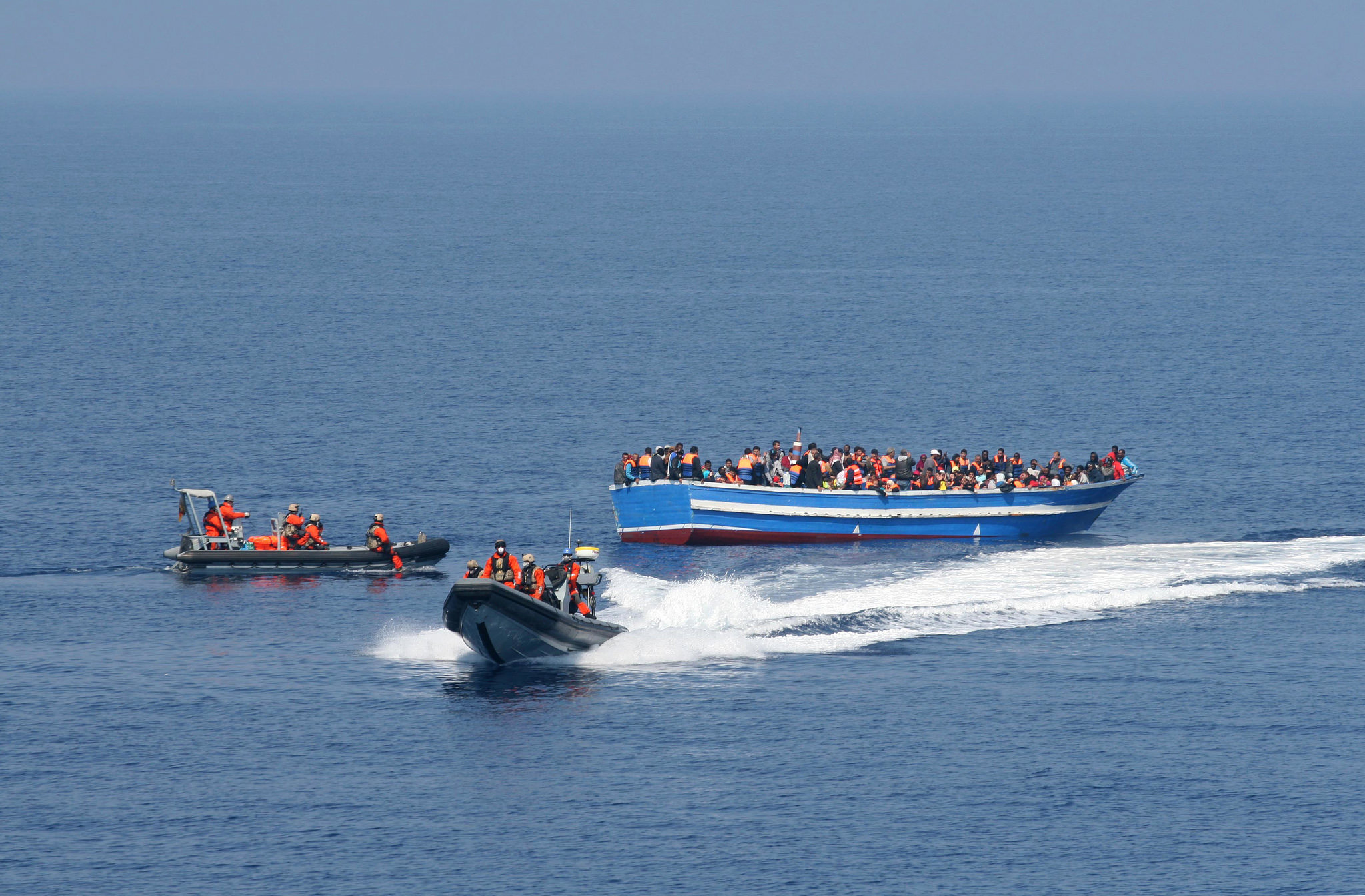The compromise on the Treaty endorsed at the Summit
(BRUXELLES2) The compromise designed to bring the Irish to engage in a new referendum before the end of the year has been endorsed by the 27 Heads of State and Government at the Summit.
This is based on several points:
• Ireland undertakes to ratify the Lisbon Treaty before the end of the mandate of the current European Commission (end of October 2009). And the Lisbon Treaty is scheduled to enter into force by the end of 2009 at the latest.
• Irish exceptions
The 27 take into account the demands of the Irish people, in particular the maintenance of the "traditional policy of neutrality", the preservation of Irish constitutional rules on "the right to life, education and the family", the non-extension of competences of the Union in tax matters... A series of declarations will be made to ratify this kind of provisions. It is also not excluded that - by a unilateral declaration - Ireland decides not to participate in certain aspects of the European defense policy (such as enhanced cooperation).
• Presidency of the councils
If the Treaty of Lisbon enters into force within a semester, the country which holds the Presidency of the European Council and of the Council of Foreign Ministers will continue to perform this function. It will be up to the next presidency "to take the necessary specific measures relating to the organizational and material aspects" in conjunction with the elected President of the European Council and the new High Representative to make the necessary adjustments. In the agenda adopted, the Swedish presidency will therefore be effective until 31 December 2009. And it will be up to the Spanish presidency to make the necessary adjustments. In fact, the rotating presidency could continue on certain subjects until June 2010.
• Consequences for the new High Representative
The Union's super chief diplomat (according to the treaty, the High Representative is also European Commissioner and chairs the Council of Foreign Ministers) will only chair the Foreign Affairs Council on 1 January 2010 - provided he has an agreement with the current (Belgian) presidency. Otherwise, he will only exercise this function fully on 1 July 2010. will only come into force at the end of the presidency in question.
• European Commission
All the countries will keep their commissioner in the next Commission (and in the following ones until the day when it is decided to review this system - a simple decision of the European Council will suffice). This allows Ireland to retain its commissioner. A general demand of the referendum campaign. NB: The Treaty of Lisbon normally provides for a reduction in the number of Commissioners to 2/3 of the States but also the possibility for the European Council unanimously to review this figure, on the understanding of returning to one seat per Commissioner. Whether
the Treaty of Nice applies on the other hand, the reduction is automatic, the number of Commissioners having to be lower by at least 1 than the number of States. This should be a powerful incentive for the future referendum campaign in Ireland. And it's a safe bet that the campaign revolves around this subject.
• European Parliament
The number of MEPs will eventually increase to 754; this change will take place with the application of the Treaty of Lisbon until the end of the legislature. In June 2009, the European Parliament elections will take place according to the Nice procedure (ie 736 deputies). Which means 72 deputies for France (ie 6 less than today). An addition of deputies will then be made to reach the figure of 754 deputies until the end of the legislature, 2014 (ie 2 more for France for example). Which is not exactly the figure provided for by the Treaty of Lisbon (751), i.e. 3 more than the Treaty of Lisbon (attributed to Germany - (*). The figure will return to 751 for the following legislature (after 2014).
(*) Which is quite logical, we cannot withdraw a mandate from deputies already elected, under the pretext of new provisions. Except revolution, the deputies elected by the people serve until the end of their mandate, according to the constitutional provisions in force at the time when they were elected. It is the very nature of the contract (in the political sense as well as in the private sense) which binds the people to the deputy.


